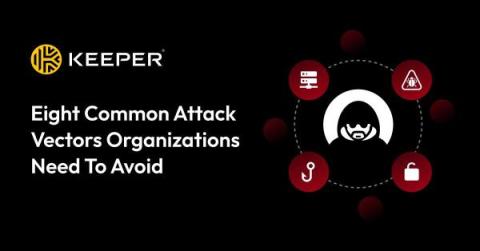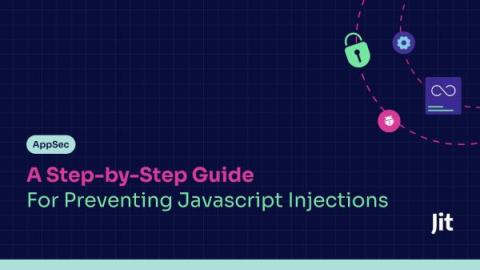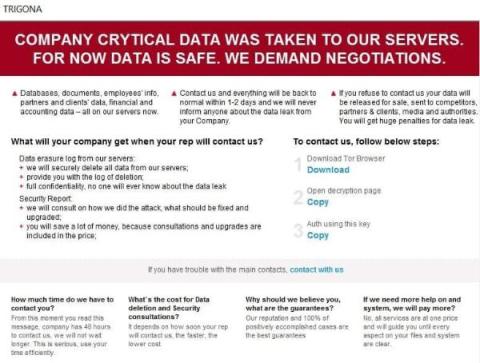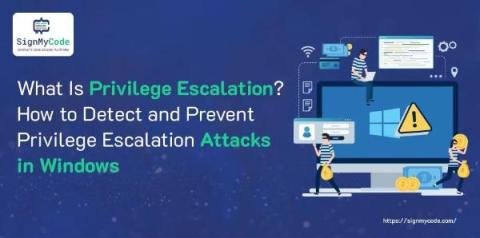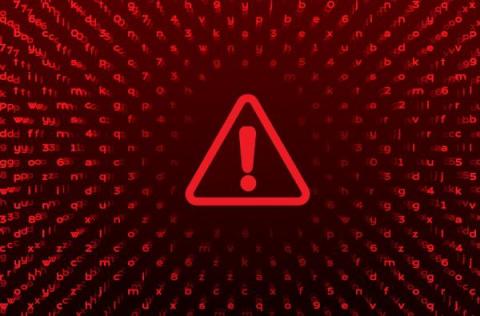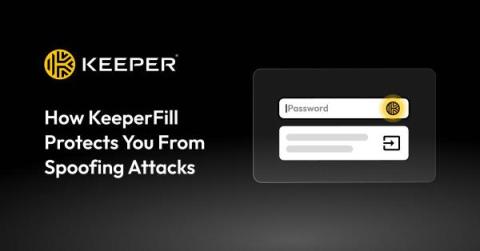Apple Users Become the Latest Targets of MFA Attacks
A new string of multi-factor authentication (MFA) attacks targeting the reset of Apple IDs seem to be popping up in a likely attempt to steal the victim’s digital identity and more. A recent post on Twitter/X from entrepreneur Parth Patel outlines his experience when his phone became inundated with requests to reset his Apple ID password – to the tune of over 100.



